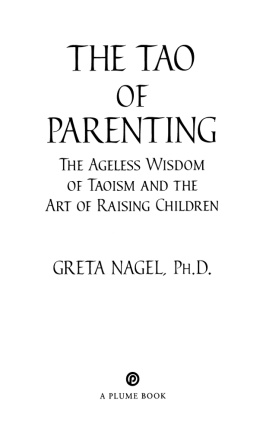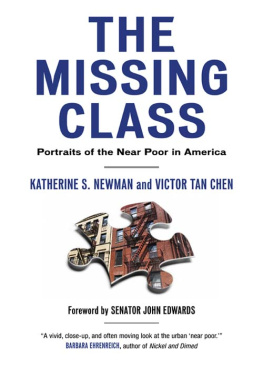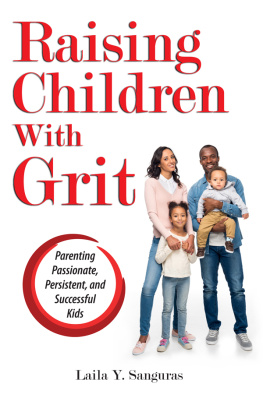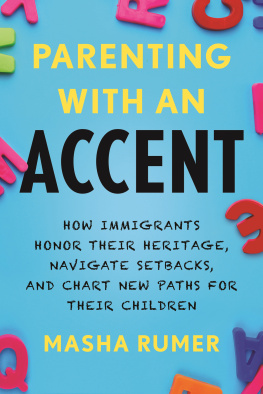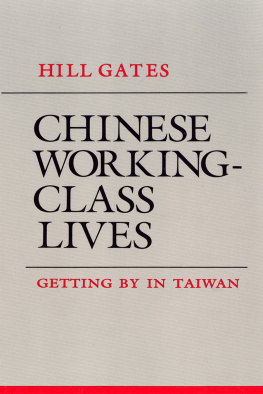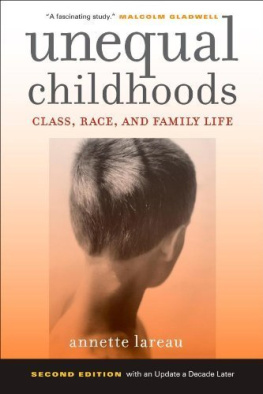Stanford University Press
Stanford, California
2018 by the Board of Trustees of the Leland Stanford Junior University.
All rights reserved.
The Chiang Ching-kuo Foundation for International Scholarly Exchange has provided financial assistance for the publication of this book.
No part of this book may be reproduced or transmitted in any form or by any means, electronic or mechanical, including photocopying and recording, or in any information storage or retrieval system without the prior written permission of Stanford University Press.
Printed in the United States of America on acid-free, archival-quality paper
Library of Congress Cataloging-in-Publication Data
Names: Lan, Pei-Chia, 1970 author.
Title: Raising global families : parenting, immigration, and class in Taiwan and the US / Pei-Chia Lan.
Description: Stanford, California : Stanford University Press, 2018. | Includes bibliographical references and index.
Identifiers: LCCN 2017046837 | ISBN 9781503602076 (cloth : alk. paper) | ISBN 9781503605909 (pbk. : alk. paper) | ISBN 9781503605916 (epub)
Subjects: LCSH: Child rearingTaiwan. | Child rearingUnited States. | FamiliesTaiwan. | Immigrant familiesUnited States. | Taiwanese AmericansFamily relationships. | Chinese AmericansFamily relationships. | Social classesTaiwan. | Social classesUnited States. | TaiwanEmigration and immigrationSocial aspects. | United StatesEmigration and immigrationSocial aspects.
Classification: LCC HQ792.C6 L36 2018 | DDC 306.850951249dc23
LC record available at https://lccn.loc.gov/2017046837
Typeset by Newgen in 10/14 Minion
Preface
THIS BOOK USES PARENTING AS A LENS to examine cultural transformation and persisting inequality in the contexts of globalization and immigration. It focuses on ethnic (Han) Chinese families in Taiwan and the United States with class-specific experiences of transnational and cultural mobility. These parents come from distinct class backgrounds and choose various ways to raise their children, but they share one thing in commonthey all feel anxious and insecure about raising children in times of rapid change and uncertainty.
Most of the parents in this book grew up in the 1970s and 1980s, around the same time as I did. Their parental anxieties look even more pronounced in comparison to our upbringings in a poorer Taiwan. During Chinas civil war, my father left his parents and boarded a ship to Taiwan; he later attended subsidized medical school and earned a modest salary as an army doctor. My mother grew up in a Taiwanese farming household and finished junior high school, already an achievement for women back then. She worked as an office clerk and later became a homemaker to raise the five of us. Although my family of origin could be broadly classified as the middle class, my parents delivered little cultural and global exposure by todays standards. My siblings and I often stayed home or played in the alley without adult supervision. We walked to school by ourselves, passing by bamboo forests and messy streets in not-yet-so-modern Taipei. Corporal punishment was common at both school and home. My mother threatened to hang and beat my naughty brother whenever I could not find him to get home for dinner.
However, when people in my generation become the new middle class and raise their own children, they shy away from the past and embrace new ideas of childrearing and education. They have fewermostly one or twochildren and yet richer resources, economic and cultural ones. At the age of twenty, I applied for my passport for the first time in my life. Now, middle-class Taiwanese children make their debut overseas travel at the age of four or five, if not earlier. Given the increased parental attention and educational opportunities for children, I wonder, Why are todays middle-class parents feeling even more anxious about their childrens future and constantly questioning whether they are making right choices for their children?
I attended public schools with pupils of mixed socioeconomic backgrounds. Many of my classmates parents were street vendors and small shop owners, and we caught tadpoles in a pond together after school. Nowadays, the class gaps of unequal childhoods have become so substantial that the media calls it Two Worlds, One Taiwan. The changing repertoire of childrearing also spreads parental anxieties across the class divides. Working-class parents worry about the legal consequence of leaving children at home while struggling with long work hours and the shortage of childcare. And they feel frustrated with new school curriculum and the increasing pressure that requires parental participation at school.
People in Taiwan widely share an ideal image of (middle-class) American family characterized by permissive parenting and happy childhood. US immigration is seen as a pathway for those lucky ones who are able to escape rote learning and academic pressure in the local regime of education. I recalled envying some friends who moved to the US as a parachute child or along with their parents in the 1980s.
My interviews with the current generation of immigrant parents, however, did not replicate such a rosy image. Professional immigrants worry about the so-called Asian quotas in college admission, and working-class immigrants feel frustrated to live up to the standard of the model minority. The decline of the American economy and the rise of Asia further shatter their faith in the American dream. Juxtaposing parental experiences in Taiwan to those of the US, this book situates the emotional landscape of social class in a transnational context, showing how childrearing produces a myriad of hopes, desires, fears, and anxieties for parents living in an interconnected world.
I did not have the opportunity to become a mother. From time to time, I wonder what I have missedan unknown adventure? The sweetest burden? I am grateful to have the chance to learn from my informants in Taiwan and the US, who generously shared with me their time and experiences. This book focuses on their parental insecurities and security strategies, but there are moments of joy and happiness that this book cannot fully record. Parenting is such a complex journey and daunting task that I must humbly say that this book can reveal only some of the thin layers.
The research process was funded by several research grants from National Science Council (NSC99-2410-H002-170-MY3) and Ministry of Science and Technology (MOST104-2420-H002-045-MY3) in Taiwan. During 20112012, the fellowship at Radcliffe Institute and Yenching Institute at Harvard University sponsored me to conduct data collection in Boston Area.
Although I am responsible for all faults in this book, the data collection and analysis involved an excellent team of research assistants. Juhan Chen, Hoching Jiang, and Winnie Hui-Tse Chang conducted class observation at the four schools in Taiwan and transcribed my interviews with parents; they also shared with me keen observations and insights based on their own upbringings. Ken-Jen She and Catherine Yeh assisted with coding the interview data; their insights greatly enriched my interpretation. Yun-Ching Chuan, Fei-Chih Jiang, Henry Su, Fu-Rong Yeh, Chu-Chieh Ko, Yu-Hsuan Lin, Yu-Hsiu Hsieh, and Yu-Chien Lee helped with literature, references and archival analysis over the years.
I am grateful to many colleagues who offered valuable insights during the revision process. Carolyn Chen, Sara Friedman, Miliann Kang, Kristy Shih, Ken Chih-Yen Sun, and Ting-Hong Wong read the whole manuscript. Special thanks to Ken Sun for directing me to the concept of global security strategy. Many others commented on particular chapters: Hae Yeon Choo, Nicole Constable, Katy Lam, Ming-Cheng Lo, Rhacel Parreas, Hsiu-Hua Shen, Leslie Wang, and Brenda Yeoh. I also appreciate the feedback from the audiences during my presentations at several conferences, workshops, and lectures delivered at Academia Sinica, Chinese University of Hong Kong, Hong Kong University, Kyoto University, Melbourne University, National Taipei University, Toronto University, and Yonsei University. At Stanford University Press, Kate Wahl, Jenny Gavacs, Marcela Cristina Maxfield, and Olivia Bartz offered their guidance through the process. I also thank Jessica Cobb and Katherine Faydash for their super editing assistance.


